Raz Segal, an Israeli historian residing in the United States, speaks of a “textbook case of genocide“. Since October 7, Israel has launched a total war on Gaza, indiscriminately bombing the strip and killing over 19,600 Palestinians. This has led some experts to say Israel is guilty of committing genocide in the occupied territory. But what constitutes genocide? Dr. Penny Green and Astha Sharma Pokharel break down the United Nations’ definition of genocide (see text below), and the stages leading up to it, to explore if it applies to what’s happening in Gaza.

What is the Genocide Convention?
The Convention on the Prevention and Punishment of the Crime of Genocide (Genocide Convention) is an instrument of international law that codified for the first time the crime of genocide. Its preamble recognizes that “at all periods of history genocide has inflicted great losses on humanity” and that international cooperation is required to “liberate humankind from such an odious scourge”.
According to the Convention, genocide is a crime that can take place both in time of war as well as in time of peace. The definition contained in Article II of the Convention describes genocide as a crime committed with the intent to destroy a national, ethnic, racial or religious group, in whole or in part. It does not include political groups or so called “cultural genocide”. This definition was the result of a negotiating process and reflects the compromise reached among United Nations Member States while drafting the Convention in 1948.

Importantly, the Convention establishes a duty on State Parties to take measures to prevent and to punish the crime of genocide, including by enacting relevant legislation and punishing perpetrators, “whether they are constitutionally responsible rulers, public officials or private individuals” (Article IV). [read more]
RELATED CONTENT:

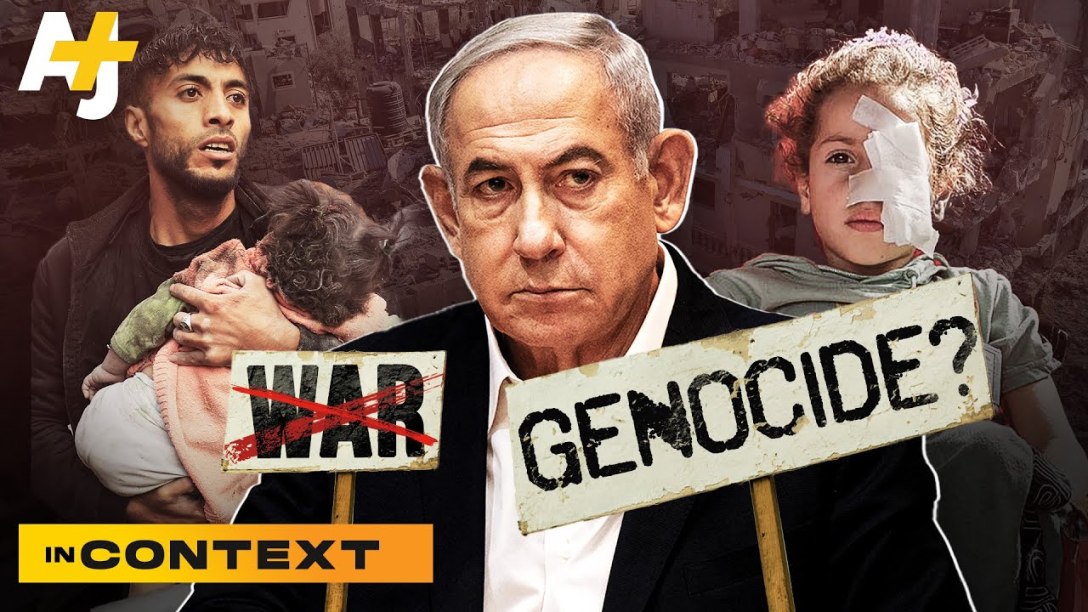


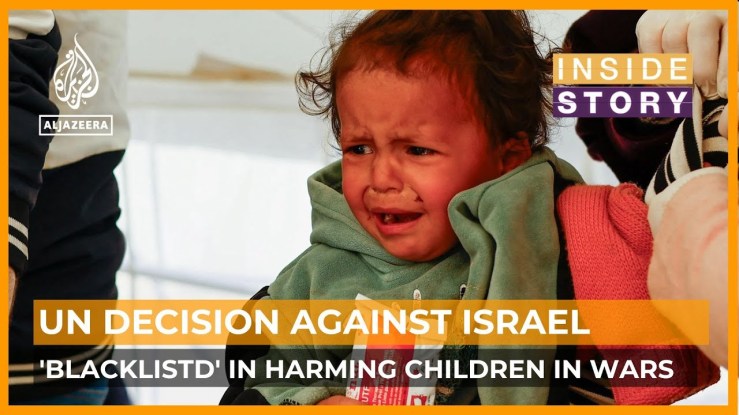






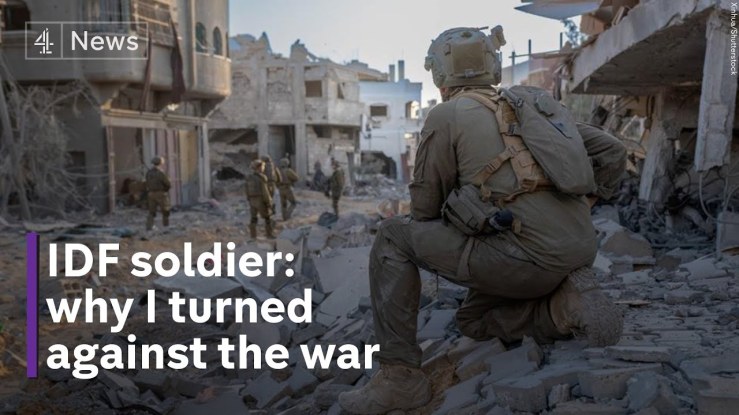

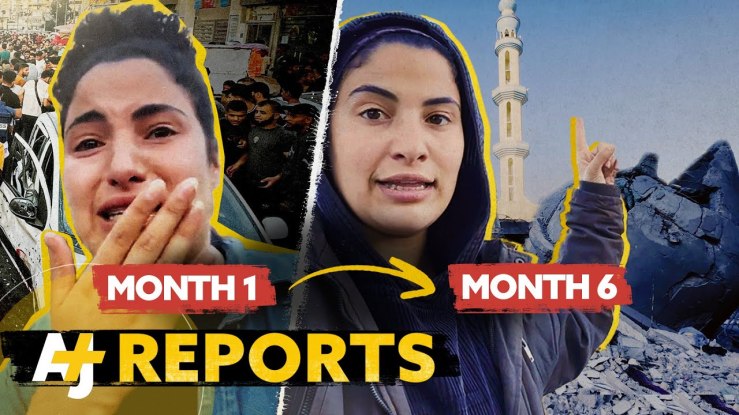



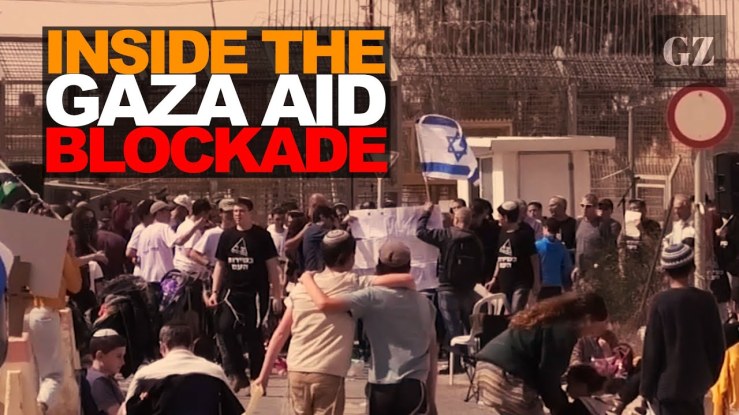
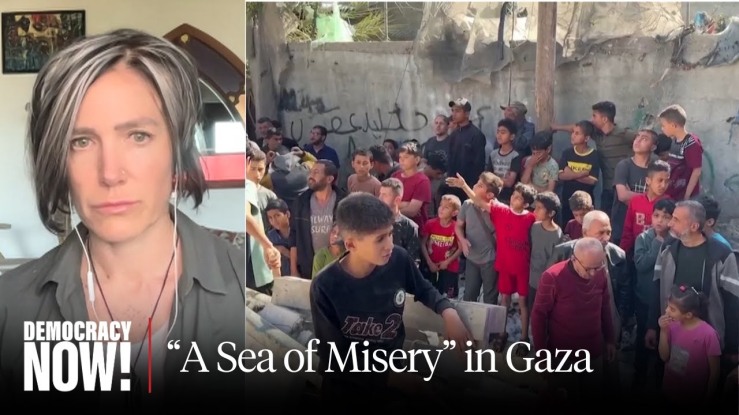

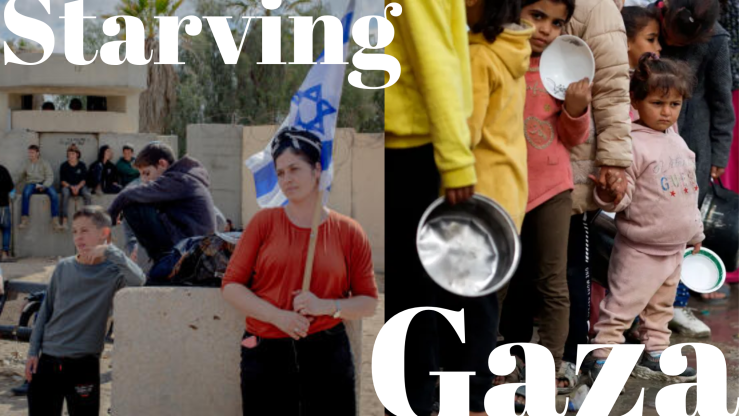
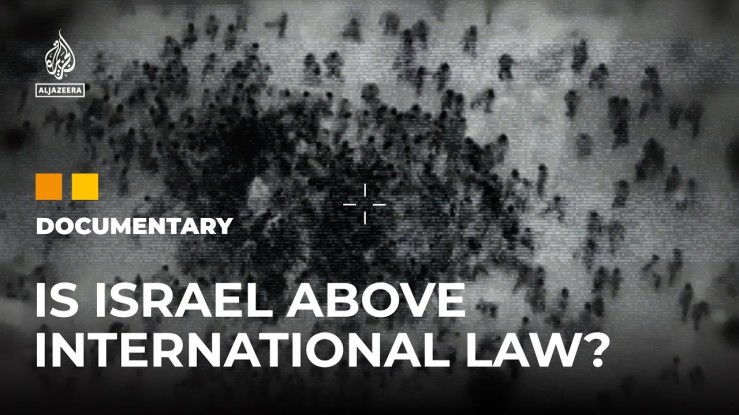
Você precisa fazer login para comentar.